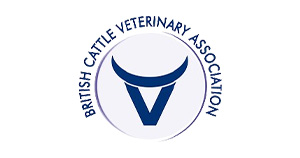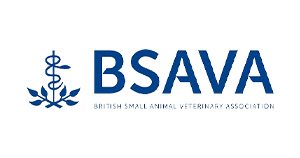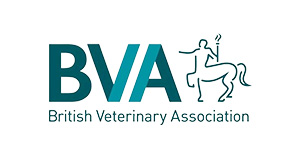Unveiling the Battle Against Cryptosporidium
Safeguarding Calf Health
Published on: Jan 24, 2024
Embark on a journey into the microscopic realm as we delve into the challenges posed by Cryptosporidium parvum, a stealthy parasite wreaking havoc among young calves. At Shepton Vets, we have witnessed a recent surge in Crypto cases on our dairy farms, emphasizing the critical need for awareness and strategic interventions to combat this scourge. Join us as we navigate the nuances of Crypto, its modes of transmission, and the essential measures to uphold calf health.
Cryptosporidium parvum (Crypto) is a microscopic parasite that causes scour in young calves. The parasite primarily spreads through a contaminated environment. It is one of the most common causes of scour in calves and we have seen a fair amount of Crypto on our dairy farms just recently. Onset of diarrhoea is usually between 5 – 7 days of age. Animals only need a very small dose of parasite to become infected and initial infection usually occurs shortly after birth. Excellent hygiene of the calving shed and calf accommodation is therefore crucial to control and prevent the spread of Cryptosporidium.
Cryptosporidium oocysts endure in the environment, leading to widespread contamination and outbreaks among calf populations when sheds are not cleaned effectively. Routine cleaning between batches of calves with a disinfectant that will kill Crypto is essential. After cleaning and disinfecting, allow the shed to dry completely. Effective disinfectants are:
- 2 – 3% Keno-cox with a contact time of 2 hours
- 2 – 4% Neopredisan with a contact time of 2 hours
- 10% Ox Virin with a contact time of 1 hour
- 3% Hydrogen peroxide with a contact time of 4 minutes
Diagnosis of Crypto in calves involves identifying the presence of oocysts in faecal samples.
Treatment is the same as for all scouring calves, rehydration with electrolytes between a calf’s normal milk feeds and a dose of Metacam (1ml/40kgs) once under the skin.
Once you have had Cryptosporidium diagnosed on farm you can use a medication called Halofuginone (trade name Kriptazen) to prevent calves being affected. To reduce disease due to Crypto, Kriptazen has to be given preventatively to all calves for 7 consecutive days from 24hrs old. Care must be taken to dose calves correctly as overdosing can easily make calves unwell.
If you are having a problem with scouring calves on your farm please talk to your vet who can help you to determine the cause and advise the best treatment and prevention plan.

Author –
Kate Travitsky
Shepton Vets addresses a recent surge in Cryptosporidium cases. Learn how to prevent calf scours caused by this parasite through biosecurity & treatment plans.
Cryptosporidium in calves | calf scours | Cryptosporidium parvum | calf diarrhea | Cryptosporidium treatment | Kriptazen | calf hygiene | Shepton Vets calf health











